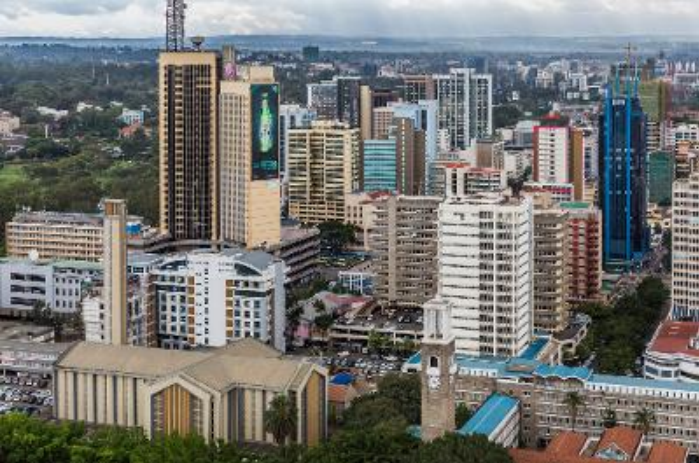Taking its roots in the heat of colonization and racial discrimination, Pan-Africanism is a tool geared towards unifying and globally advancing the continent through solidarity and resilience.
It gained momentum in the early 20th century through the efforts of leaders like W.E.B. Du Bois, Marcus Garvey, Kwame Nkrumah, and Julius Nyerere. These leaders emphasized the need for unity among African nations to combat the effects of colonialism and to achieve political, economic, and cultural independence. The formation of the Organization of African Unity (OAU) in 1963, which later evolved into the African Union (AU), was a significant milestone in institutionalizing Pan-African ideals.
Within the shores of Africa or in diaspora, these principles have been transferred across generations and resonates across diverse systems; from politics to culture, economics to education. The educational system in Africa varies with each country, for different justifiable reasons, but the level of development has always been tied to the quality of education accessible to its people. To this effect, the educational sector has played a crucial role in the advocacy for Pan-Africanism.
From Africa’s shores to the diaspora, education has made a profound impact in maintaining the identity, solidarity, and empowerment of Africans towards upholding the ideology of Pan-Africanism. Both formal and informal education have been crucial in nation- building globally through patriotism and this is no different in African.
Through education, Africans promote Pan-Africanism, celebrate their rich cultural heritage and forge pacts towards collective progress and unity. Subjects like history, literature, philosophy and cultural performances integrate Pan-Africanism into curricula. These subjects showcase the works, intellect and accomplishments of Africans, countering the Western narratives about Africa and nurturing a sense of pride and cultural expression among Africans.
African literature and philosophy go a long way toward encouraging critical thinking among Africans, especially the students, and challenge them to explore diverse perspectives on governance, justice, and social equity. According to UNESCO, only a few African children receive education in their mother tongue, highlighting the need for policies that support multilingual education.
Establishing universities and research centers dedicated to Pan-African studies can serve as hubs for intellectual exchange and innovation. Institutions like the Pan-African University (PAU), which has campuses in various African countries, offer programs focused on key areas such as governance, humanities, and social sciences, and contribute to the development of a Pan-African intellectual community.
The impact of education on Pan-Africanism in the life of the younger generation has fostered solidarity and patriotism among young Africans. Through youth forums, cultural exchanges, leadership programs, efforts to create platforms for dialogue, collaboration, and collective action towards sustainable development of the continent.
READ ALSO: Emerging Trends in Educational Leadership for African Schools
Pan-Africanism has a lot of transformative potential through education but also it faces challenges that hinder its effectiveness. Availability of funds in the educational sector, curriculum standardization and historical biases are some of the major challenges that still affect the education of Pan-Africanism. To address these issues, there needs to be a wholesome approach from government bodies, educators, civil societies and parents towards inclusive and equitable educational policies.
Collaboration with regional and international partners and the utilization of digital platforms also offer opportunities to amplify Pan-African narratives across borders. Student exchange programs and regional educational initiatives can foster cross-cultural understanding and solidarity among African youth. Programs like the African Union’s “Intra-Africa Academic Mobility Scheme” aim to enhance academic collaboration and mobility across the continent.
By embracing Pan-African principles within educational frameworks, societies lay the groundwork for a future where African voices resonate loudly and proudly globally.


